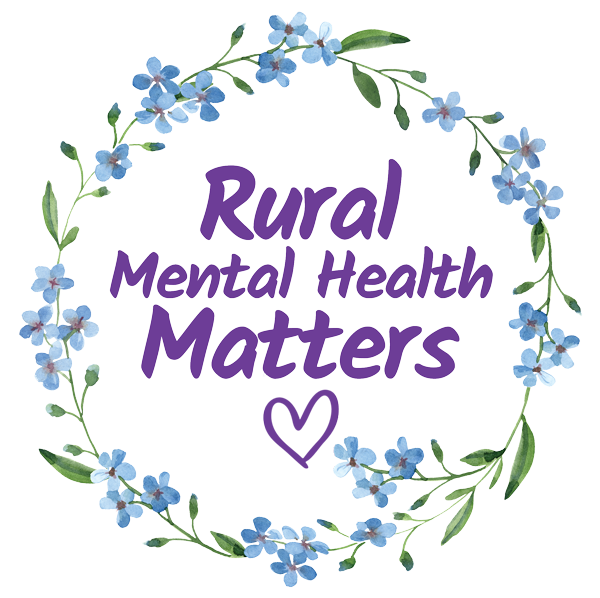A fifth of England live in local authorities defined as predominantly rural, almost a fifth of the population of Scotland and as much as one-third of Wales. That's around 12 million people. And all those people have to work harder than most to access mental health care.
Rural Mental Health Matters (RMHM) works to ensure that people living in rural communities have a more visible, equitable, accessible and inclusive experience when it comes to accessing wellbeing and basic essential services.
We know that people living in rural communities face huge challenges and barriers to accessing support when they need it. In fact, over 75% of people who engaged with RMHM told us that they felt there was an inequality in urban vs rural facilities and services.
When people do not see a service, they believe it doesn't exist and tend to only reach out for help when they are approaching or at crisis, for many this is sadly too late. The World Health Organisation figures show that more than 700,000 people die by suicide every year. That's one person lost to suicide every 40 seconds, shocking isn't it?
Furthermore, for each suicide, there are more than 20 suicide attempts. Suicides and suicide attempts have a ripple effect that impacts families, friends, colleagues, communities, and societies. Suicides are preventable. Much can be done to prevent suicide at individual, community and national levels.
Ensuring that people have access to support much sooner, and know where to go for help is essential. Raising awareness is the first step, but if someone still has to travel many miles from where they live, facing longer more arduous journeys, then getting the help they need is effectively put behind a barrier.
The challenge of dealing with loneliness is particularly acute in rural areas. Those living in rural communities tell us they feel cut off, lonely and isolated. Loneliness and isolation affect the quality of life, happiness and health of many people and those living in rural areas face particular challenges. These include demographic change, family dispersal, mobility, access to services, and little to no public transport.
A growing body of research suggests that social isolation is dangerous to both physical and mental wellbeing. Public Health England says that loneliness can increase the risk of premature death by as much as 30%, and lonely people are more likely to make emergency trips to hospital.
RMHM can help your organisation or business to ensure you are providing a more rurally inclusive service or facility, from planning to delivery stages.
Ensuring your organisation or business is rurally inclusive, can have a positive impact, not only on the rural residents themselves. Rural inclusion is important because all communities are an important part of the economy:
- In 2020, Gross Value Added (GVA) from predominantly rural areas contributed 15% of England’s GVA and was worth an estimated £253 billion.
- Rural areas are home to around a quarter of all registered businesses.
Contact us today to find out how we can help your organisation or business be more rurally inclusive.
